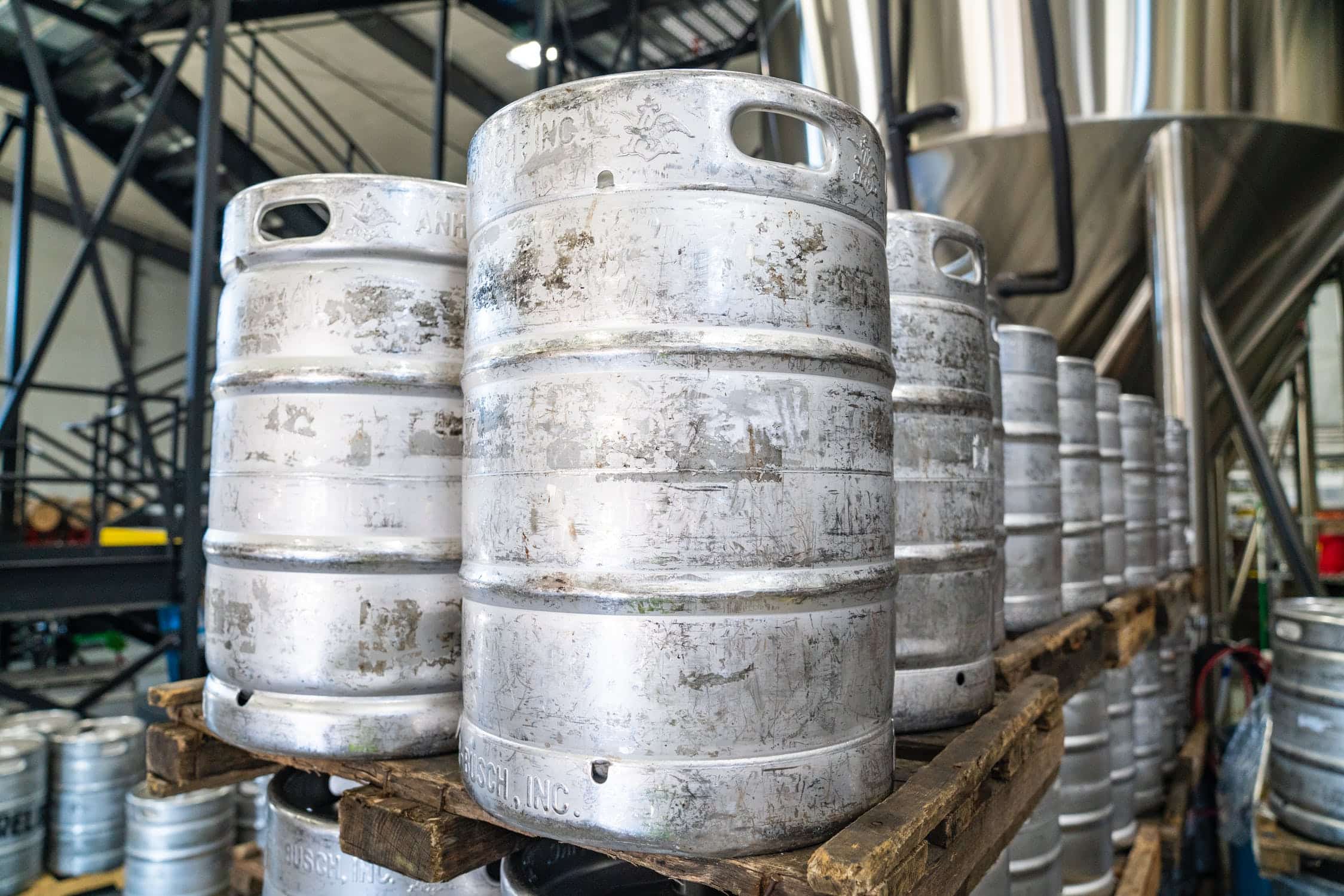 On March 11, 2021, Molson Coors Beverage Company – one of the largest beer manufacturers in the US – announced in a public report to the SEC that they had experienced a cyber incident at some point previously that at least partially halted production. It would be almost a week before they were seemingly back online, but reported they were still investigating the source of the cybersecurity breach with forensic IT professionals at the time of the last update. Combined with further delays from the unexpected snowstorm that hit Texas around the same time, the Company lost the ability to produce almost 2 million barrels.
On March 11, 2021, Molson Coors Beverage Company – one of the largest beer manufacturers in the US – announced in a public report to the SEC that they had experienced a cyber incident at some point previously that at least partially halted production. It would be almost a week before they were seemingly back online, but reported they were still investigating the source of the cybersecurity breach with forensic IT professionals at the time of the last update. Combined with further delays from the unexpected snowstorm that hit Texas around the same time, the Company lost the ability to produce almost 2 million barrels.
Cyber Attack & Texas Storm Cost Molson Coors Millions
Molson Coors was forced to close down their Forth Worth, Texas brewery for almost two weeks in February due to the freak winter storm that hammered the state’s electrical grid. The cyber breach a few weeks later added yet another stall to production, and the Company says it lost up to $140 million worth of product that have to be shifted to a future Quarter. However, they were able to restore manufacturing to at least enough capacity to resume producing, despite what they say will be some additional disruptions.
Details & Origin of Coors Breach
The producer of Coors and Miller Lite remained sparse with the intricate details of the incident and exactly what caused, reporting as much as legally required. Observers are speculating that it was most likely ransomware, which has affected many manufacturers similarly, but has also historically been a favorite of cybercriminal gangs for use against other food and beverage brands.
Hackers are well aware this market both relies on a timely pace to drive ROI and is heavily regulated, increasing the desperation to restore systems quickly. Seasonality and expiration dates can be significantly impacted by any downtime, and recalls can become progressively costly to a business’s bottom line as well as their brand if operations are not performed fast enough.
 Ransomware Impact on Manufacturing Production
Ransomware Impact on Manufacturing Production
If ransomware is indeed Molson Coors’ culprit (and signs point to it being so), it is important to note that this is not a problem confined to the beverage manufacturing sector, but to the entire industry. Even discrete manufacturers who do not have to worry about saving expiring product will have plenty of other concerns if their systems are breached. Gangs have been known to steal data even if ransoms are paid, leveraging it to shame victims if any payment demands are not met or just to sell to the highest bidder to maximize profits.
The costs of recovery itself must also be considered, which include the length of downtime and expenses tied to resolving threats and restoring systems. The only ways to limit the damages are to protect your network as best as possible, and to frequently back up your data. Having comprehensive, redundant backups performed at least hourly will help preserve your critical files and mitigate the time and cost of getting your technology stack back online after a breach.
Discover What You Need to Know About Malware Threats
Ransomware is the biggest malware threat (though far from the only one) in recent years, but like many cyber attacks of its type, the true damage comes from how it takes your systems offline and potentially leaks or destroys your sensitive data. Learning what trends to expect from cybercrime and where you may be vulnerable will help you better identify the gaps that could leave your exposed – downloading our free report below will help you get started.
Download our free 2020 Ransomware Report here to discover more about this malware threat, including top delivery methods, ransomware types, most vulnerable industries and the extent of hidden costs from a cybersecurity breach.

 Ransomware Impact on Manufacturing Production
Ransomware Impact on Manufacturing Production